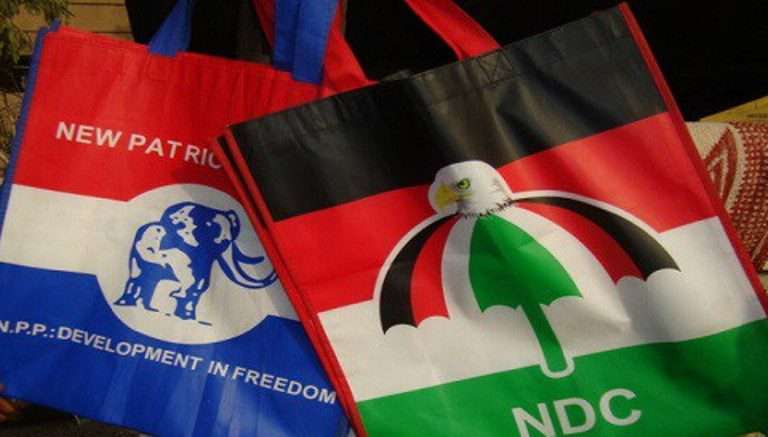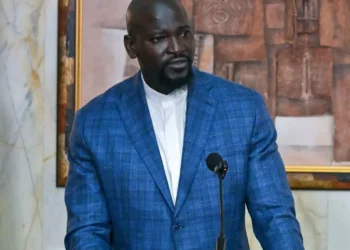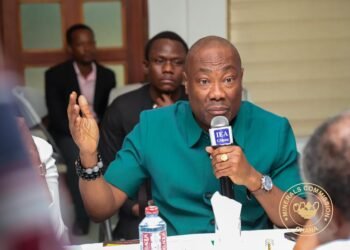Manasseh Azure Awuni, a renowned investigative journalist, has raised a thought-provoking question about the shifting attitudes of party foot soldiers toward critical voices.
He questioned why some party loyalists only come to appreciate the importance of criticism when their party is in opposition.
According to him, while in government, these foot soldiers often dismiss critical voices as “bitter” or “irrelevant.”
Awuni indicated that, however, once their party is defeated and finds itself in opposition, they retrospectively acknowledge the role such criticism may have played in their loss.
This inconsistency, he implied, reflects a broader issue of how political supporters engage with dissent and accountability.
“For eight years, some NDC followers on social media did not allow me to rest. Anytime I posted anything critical of the government, they would remind me that I was a major part of the reason Ghana got Akufo-Addo. After the December 7 election, I thought these accusations would finally end”.
Manasseh Azure Awuni
Awuni further disclosed that he recently faced backlash from both sides of the political divide after two separate posts on social media.
In one post, he criticized acts of looting and violence reportedly carried out by some supporters of the National Democratic Congress (NDC).
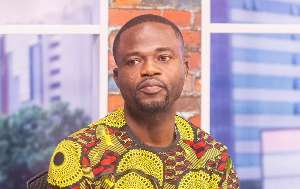
According to Manasseh, this attracted criticism from NDC loyalists who viewed his remarks as an attack on their party.
Shortly after, he made another post promoting his book, “The President Ghana Never Got,” which led to supporters of the New Patriotic Party (NPP) launching their own wave of criticism against him.
Awuni highlighted the growing trend of partisan intolerance toward independent and critical voices, with political supporters from both sides quick to attack anyone perceived as opposing their interests.
Party Downfall Rooted in Leadership Failures
Furthermore, Manasseh Azure Awuni issued a stern warning, emphasizing that individuals like Ken Ofori-Atta, who was at the center of major controversies such as the scandal involving SML, were the real architects of the party’s downfall.
He argued that it is not journalists or investigators like himself, who expose corruption and misconduct, that cause the party’s defeat.
He noted that instead, it is the unchecked actions of influential figures within the government, whose misdeeds erode public trust and fuel voter dissatisfaction.
Awuni urged politicians and their supporters to be mindful of the critical role accountability plays in governance and the consequences of shielding powerful individuals from scrutiny.
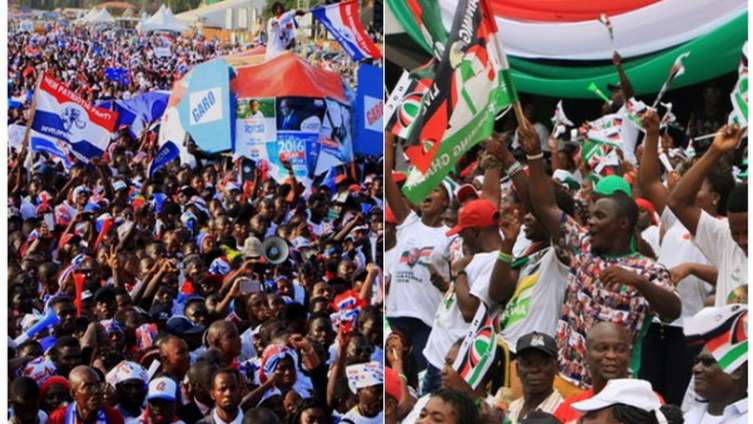
“If you are concerned about the timing of my book, you should be more worried about those whose actions formed the book’s damning content”.
Manasseh Azure Awuni
In light of this, Manasseh Awuni called for constructive dialogue on the issue, urging political actors and their supporters to move beyond baseless accusations that journalists and critics have hidden agendas against specific political parties.
He emphasized the need for open, honest, and issue-based discussions aimed at addressing governance lapses and holding public officials accountable.
According to Awuni, deflecting criticism by labeling dissenting voices as enemies of the party only serves to shield wrongdoers and hinders efforts to promote transparency, integrity, and good governance.
He asserted that if party loyalists are unwilling to hold their own political leaders accountable for mismanagement and misconduct, then they have no basis to accuse him of wrongdoing.
Awuni argued that he bears no responsibility for the failings of political leaders, as his role as an investigative journalist is to expose the truth and promote accountability.
He maintained that blaming journalists for the electoral misfortunes of political parties is misplaced, as the real culprits are often the leaders whose actions undermine public trust.
As such, he maintained that criticism should be seen as a tool for accountability, not as an attack on political parties.

